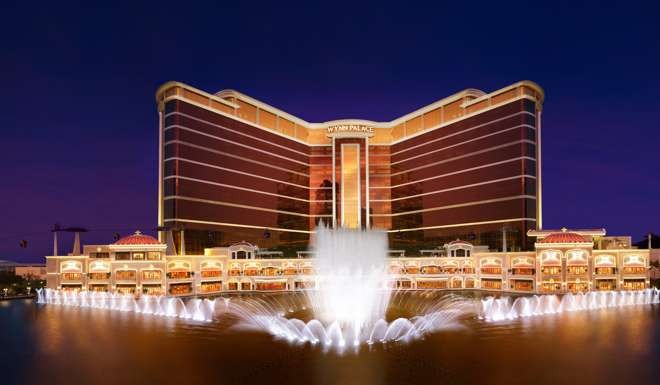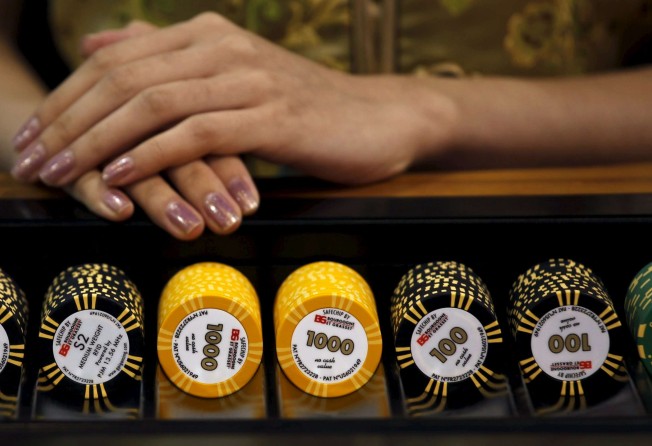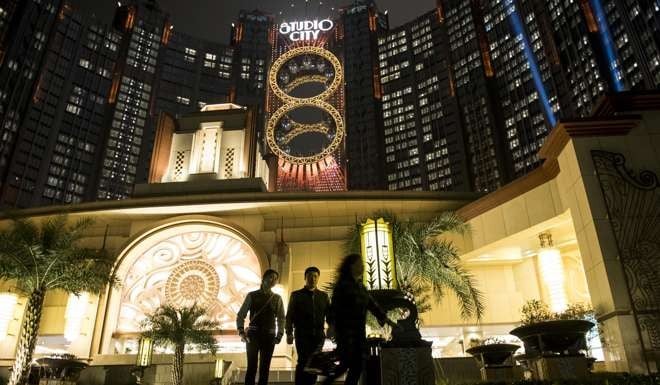
Macau’s new casinos likely to fall short when it comes to improved profitability

The new casinos opening in Macau are likely to fall short of their own expectations for gradual improvement in profitability amid the ongoing weak market, say market watchers.
Wynn Resorts’ US$4.2 billion Wynn Palace, the most expensive property owned by billionaire Stephen Wynn, opened on August 22 while the US$2.7 billion Parisian Macao from rival Sands China is scheduled to debut on September 13.
“We expect that the opening of Wynn Palace will help launch a new era of prosperity for Macau, attracting more international tourists to the city,” said Wynn.
However, casino analysts are cautious on the company’s expectation. “The forecasts for incremental profitability due to new property openings in Macau this year are far too optimistic,” Jamie Soo, a Daiwa Capital Markets analyst, wrote in a research report. Analysts say that’s because its gaming industry remains stagnant with rising casino operating costs and more competition.
“Wynn Palace is targeting the VIP and premium mass segments, which are not growing,” said Praveen Choudhary, an equity analyst at Morgan Stanley. “Other casinos cite business as usual after the Palace opened.”

Three consecutive openings in recent years all recorded disappointment. In the 12 months from June 2015 to June this year, the market set four separate five-year lows in terms of monthly gross gaming revenues(GGRs), despite two new properties, Galaxy Macau Phase2 and Studio City, having opened during the period.
Sands Cotai Central also failed to stimulate the market, despite its 2012 opening being in the middle of an industry upcycle.
Macau’s gaming industry showed signs of recession starting three years ago, when China’s anticorruption campaign prompted a sharp drop in business and curtailed the flow of money from high roller Chinese gamblers.
July marked Macau’s 26th consecutive monthly decline in gaming revenue, down 4.5 per cent year on year, though the rate of decline is slowing. Soo from Daiwa Capital estimates that Macau’s GGR will fall 10 per cent in 2016 from the prior year, the lowest among all analyst estimates but still higher than the 11 per cent decline seen in the first seven months of 2016.
Victor Au, chief operating officer at Delta Asia Financial, echoed that view, saying Macau’s gaming industry was still in an “adjustment period” and new supply opening in a weak market may not result in a better-than-expected performance.
“The opening schedules for Wynn Palace and the Parisian were made long before. I think these operators have no better choice than to start them on schedule, not because the market is recovering,” said Au. “Some operators cut table allocation in new projects or put off their debut amid a weak market.”

Wynn Macau would be granted an additional 50 new-to-market tables within the next two years, according to Macau government data. The new tables are being granted to Wynn Palace only for use by the mass-market segment.
“The idea of offsetting a decline in high-end business by expanding mass market operations doesn’t work,” said Au. “It is very difficult to make a profit in Macau without catering to VIP gamblers.”
What brings comfort to casino operators are the signs of a stabilising mass market, as the industry seeks to attract more tourists and recreational gamblers to the only Chinese city where gambling is legal.
“Sands China’s Parisian is more mass-market focused, which is a growing segment, and Studio City saw a 30 per cent increase in mass market revenue in the third quarter this year from the previous three months,” noted Morgan Stanley’s Choudhary.
Au from Delta Asia Financial agreed, pointing out that most casino players are developing family-friendly tourist destinations and cutting hotel prices to attract average travellers.
August recorded a 1.1 per cent rise in Macau gambling revenues , the first positive monthly year-on-year growth in more than two years.
“But I think it will take another two or three years for [casino] players to make their fortune from the mass market,” said Au. “The mass market boost needs transportation and recreation facilities’ improvement in the city which takes substantial time and effort to achieve.”